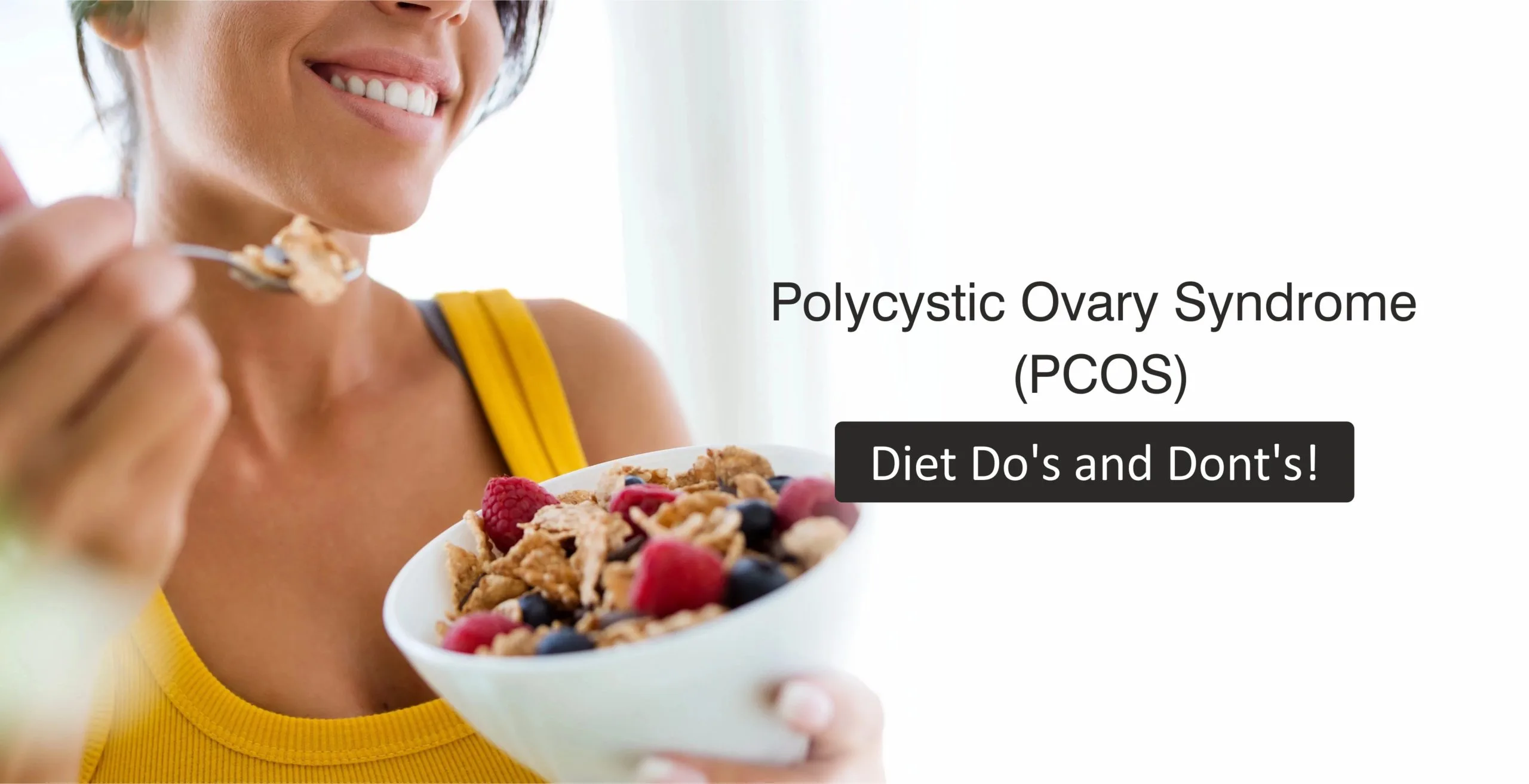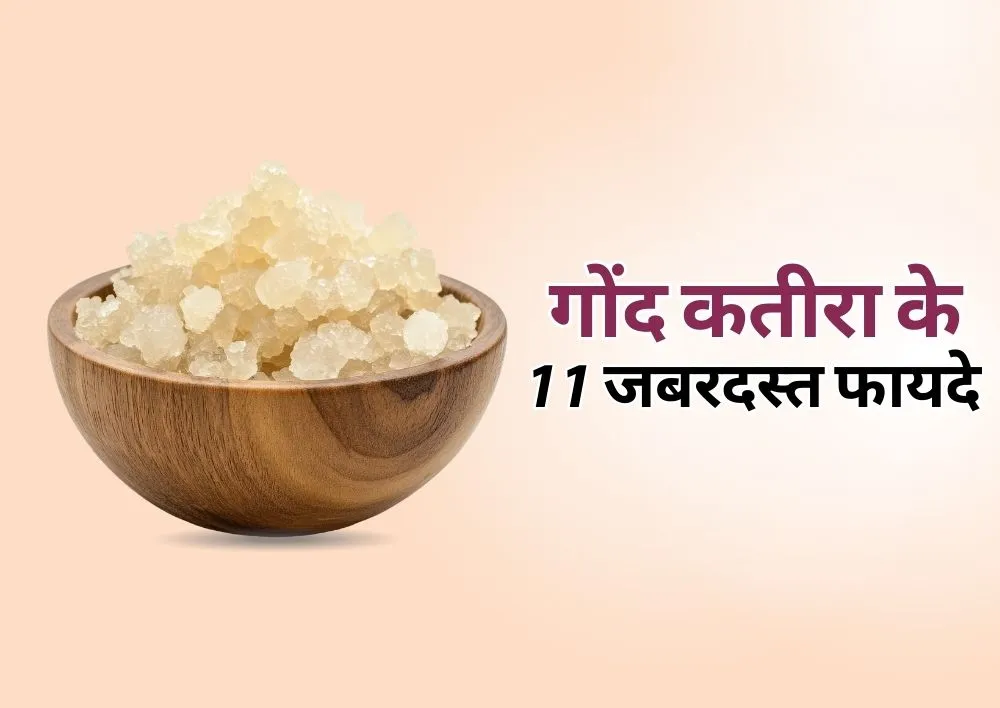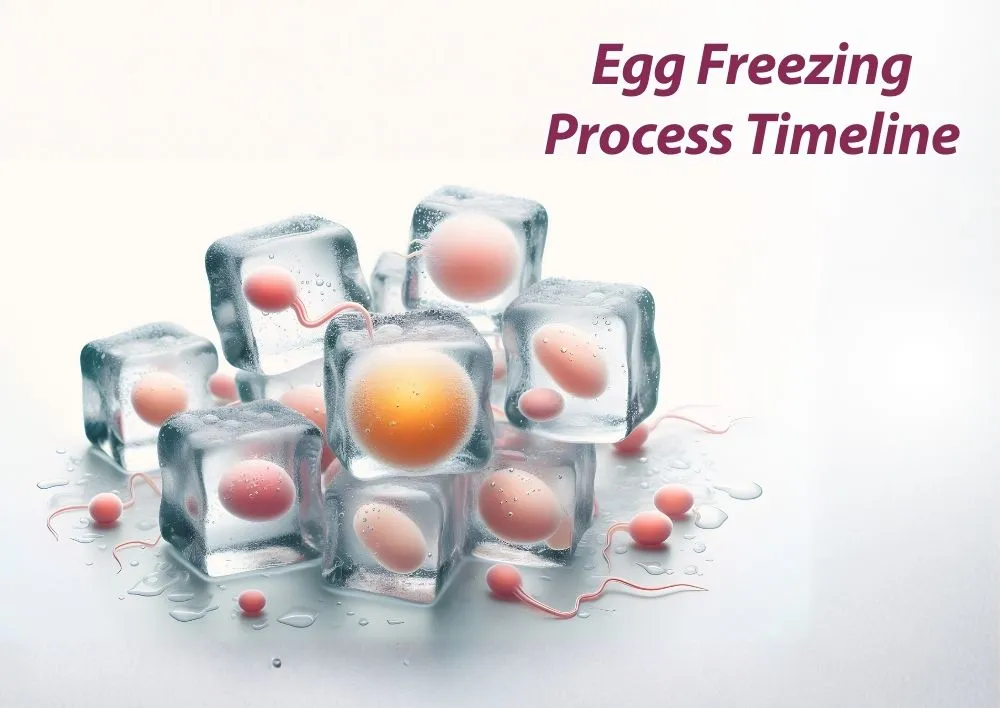Polycystic Ovary Syndrome (PCOS) : Diet Do's and Dont's!
Polycystic ovarian syndrome is a condition that causes hormonal imbalance, and problem with metabolism. It affects 15.20% of women in reproductive age group.
Don’t let diagnosis of PCOD make you feel like you have lost control over your body.
PCOS is associated with insulin resistance. So managing insulin levels with a PCOS diet is one of the best steps to take to manage this condition.
Currently, there is no standard diet for PCOS but there are some foods which are beneficial and some which should be avoided.
Food with low glycemic index (GI): The body digests these slowly meaning they do not cause insulin levels to rise as much or as quickly as other foods. Eg. Whole grains, Legumes, Nuts/ Seeds.
One study found that menstrual regularity improved in 95% women on a low GI diet.
Anti-inflammatory diet: Food such as berries, fish, leafy green vegetables, olive oil.
Food items to take
- Natural unprocessed food.
- High fibre food like brown rice, whole wheat pasta, whole wheat bread.
- Fish, kale, spinach, dark green leafy veg, bokchey, broccoli, cauliflower.
- Dark red fruits- grapes, cherries, blackberries, lentils, legumes.
- Nuts like pine nuts, walnuts, almonds
- Protein foods like tofu, chicken, egg, fish, avocados.
Foods to avoid
- sugared cereal
- Refined carbs food like white rice, cookies, white bread, cakes.
- artificial sweeteners
- Fried food
- Processed meat
- Sugary beverages
- Starchy vegetables like potato, corn, peas.
- Soy products as they contain phytoestrogens that act like estrogens in the body.
Lifestyle Changes
PCOS responds positively to proact lifestyle choices which include exercise daily physical movements, stress reduction techniques like yoga/meditation.
Exercise brings down insulin level and helps with weight loss.
Frequently Asked Questions
During PCOS, it is important to limit refined carbs, sugary drinks, fried foods, and processed snacks to manage insulin resistance.
Yes, you can drink milk in PCOS. But make sure to choose a low-fat or toned milk.
Yes, you can eat eggs in PCOS. They are the rich source of protein and healthy fats.
Warm lemon water, cinnamon water, or green tea can support metabolism and hormone balance in PCOS.
Yes, you can go for whole wheat or multigrain roti instead of refined flour.
During PCOS, you can eat high-protein, high-fiber meals like vegetable omelets, Greek yogurt with nuts, or whole grain toast with avocado in breakfast.
The simple meal for PCOS includes grilled chicken or fish with sautéed vegetables and whole grains like brown rice or quinoa.
For PCOS patients, whole grain, multigrain, or sourdough bread is better than white bread.
No, skipping breakfast can worsen insulin resistance; eat a balanced morning meal.
Miracles Healthcare has a team of the best gynecologists for PCOS, offering personalized treatment and lifestyle guidance.















Was the information useful?
0 0